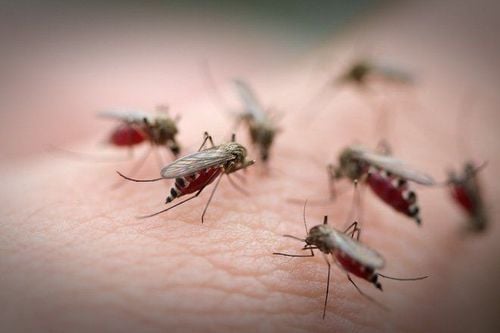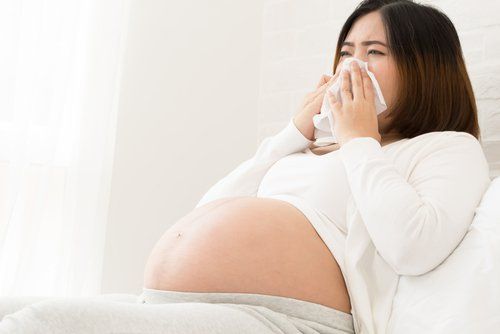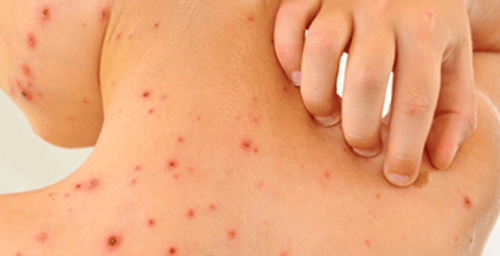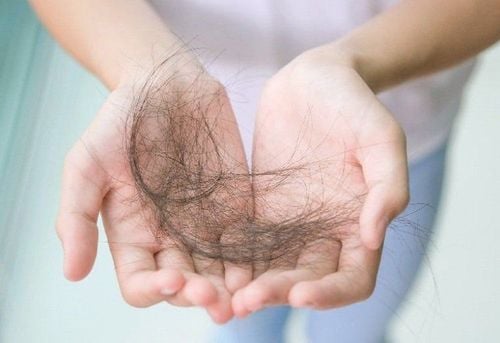This article was professionally consulted by Dr. Tran Thi Phuong Thuy, a hepatobiliary specialist at Vinmec Times City International General Hospital.
A common question is whether someone can get dengue fever again after having it once. One person is at risk of getting dengue fever 4 times in their lifetime. Each subsequent infection carries the risk of being more severe and complicated.
1. Symptoms of dengue fever
People with dengue fever often have the following symptoms.
- High fever over 39 degrees, continuous fever that does not go down
- Tiredness, lethargy, aching limbs
- Eyes are tired, hot and sore
- Red rashes appear under the skin. Red spots all over the body (usually appear on the 3rd day after the fever starts)
Many mistakenly believe that dengue fever is most dangerous during the first three days of high fever, assuming the appearance of a rash signals recovery. This is incorrect. The period from the fourth day of fever onward is when complications are most likely to arise. These complications are not readily apparent and require laboratory testing for detection.
Consequently, dengue fever requires professional medical care; home treatment is not advised.
2. Can dengue fever recur?
Dengue fever is caused by the dengue virus. There are four distinct serotypes of the dengue virus (D1, D2, D3, and D4). Infection with one serotype provides immunity only to that specific type. Consequently, individuals can contract dengue fever up to four times in their lifetime, once for each serotype. While theoretically possible to be infected four times, most people experience dengue fever only two or three times.
Unlike many diseases that confer lasting immunity after a single infection, dengue fever is caused by four distinct serotypes. Infection with one serotype provides immunity only against that specific type, leaving individuals susceptible to the other three. Subsequent infections can be more severe due to a phenomenon called antibody-dependent enhancement (ADE), where pre-existing antibodies may worsen the infection. Therefore, any suspected case of dengue fever, especially a second or third infection, warrants immediate medical attention.
3. Is dengue fever contagious?
Dengue fever is spread when an Aedes mosquito bites a person infected with the dengue virus, then subsequently bites a healthy individual. It is not transmitted through the air or by casual contact with an infected person.
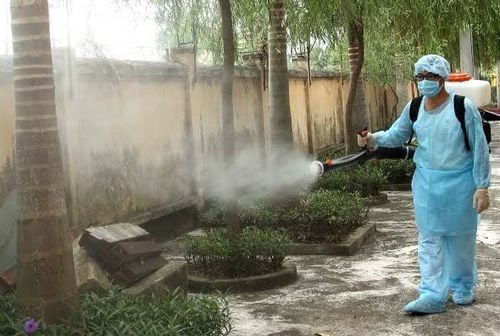
To prevent dengue fever transmission, it is necessary to eliminate areas where Aedes mosquitoes can reside by cleaning sewers; stagnant ponds; not allowing water to stagnate in containers, tanks, pots, and vases for a long time. Rainwater stagnant in low-lying areas can also become a habitat for Aedes mosquitoes.
Spraying insecticide around residential areas and sleeping under mosquito nets are the best ways to prevent dengue fever.
To arrange an appointment, please call HOTLINE or make your reservation directly HERE. You may also download the MyVinmec app to schedule appointments faster and manage your reservations more conveniently.





